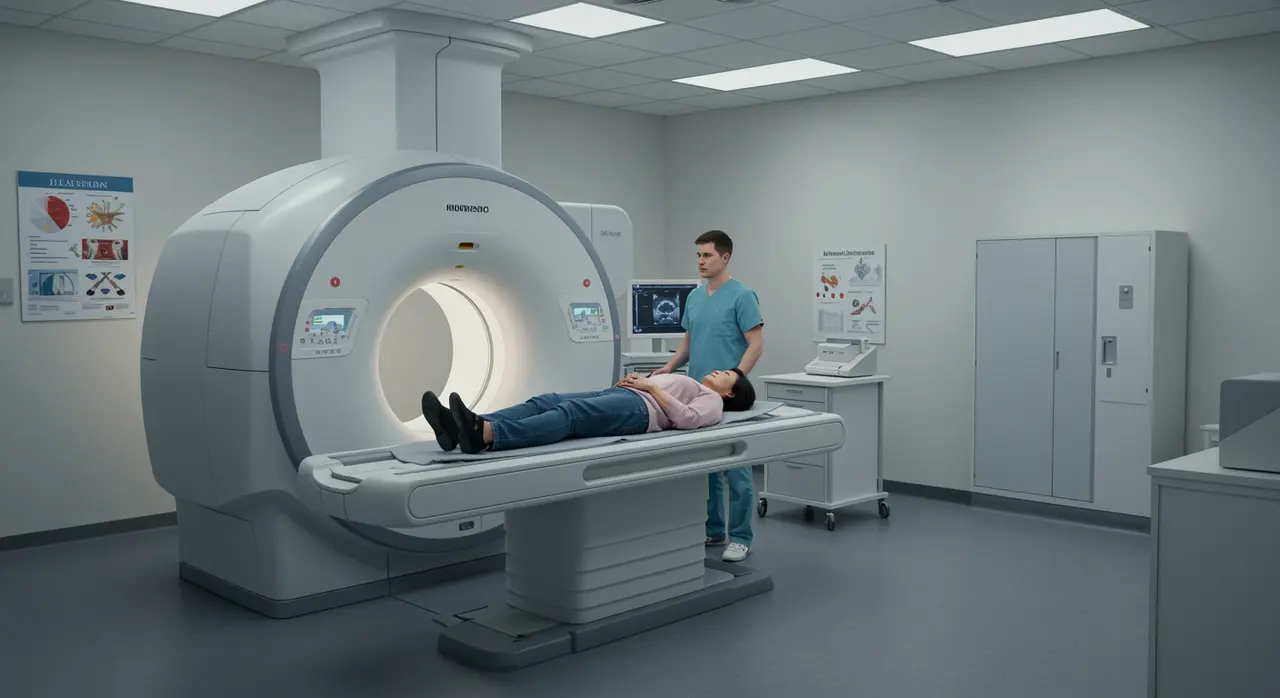Early Screening and Advanced Techniques Revolutionize Colorectal Cancer Prevention and Treatment
51 views
The Hidden Lifesaver: How Early Screening and Advanced Techniques Are Changing the Fight Against Colorectal Cancer
Colorectal cancer, a silent predator and the second leading cause of cancer-related deaths worldwide, carries a paradoxical truth: it is one of the most preventable and treatable cancers when caught early. At the heart of this life-saving potential lies the colonoscopy, a procedure that not only detects cancer but also neutralizes its earliest threats. Yet, despite the proven efficacy of early detection, barriers to screening persist, leaving countless lives at unnecessary risk.
The journey of colorectal cancer often begins with a polyp—a small growth on the inner lining of the colon or rectum. While many polyps are harmless, some, particularly adenomas, possess the latent potential to transform into malignant tumors. The good news is that these precancerous polyps can be identified and removed during a colonoscopy, effectively cutting off cancer at its roots. This proactive approach has cemented colonoscopy as the gold standard in colorectal cancer prevention.

Advancements in endoscopic imaging have further sharpened the precision of this critical tool. Modern colonoscopies employ high-definition cameras and specialized techniques to scrutinize even the most inconspicuous lesions. Suspicious polyps are either removed or biopsied on the spot, ensuring that no potential threat is overlooked. For patients, this means not only early detection but also immediate action—a dual benefit that underscores the power of this minimally invasive procedure.
In cases where polyps are particularly large, complex, or situated in challenging locations, innovative techniques like endoscopic submucosal dissection (ESD) and endoscopic full-thickness resection (EFTR) have emerged as game-changers. These advanced methods allow doctors to excise problematic growths with surgical precision, all while preserving the integrity of surrounding healthy tissue. By reducing the need for traditional surgery, these techniques minimize recovery time and lower the risks associated with more invasive interventions.
Despite these medical advancements, the fight against colorectal cancer is far from over. Screening rates remain alarmingly low in many parts of the world, often due to a combination of stigma, fear, and lack of awareness. Yet the statistics are irrefutable: less than 1% of screening colonoscopies result in a cancer diagnosis, and while adenomatous polyps are common, fewer than 10% progress to cancer. For individuals aged 45 and older, or those with risk factors such as a family history of the disease, regular screening offers a lifeline that is as effective as it is underutilized.
The broader implications of these facts extend beyond individual health. Colorectal cancer is not merely a personal tragedy; it is a public health challenge with significant economic and societal costs. Early detection not only saves lives but also reduces the financial burden on healthcare systems, as treating advanced cancer is exponentially more expensive than preventing it. In this sense, widespread screening is both a moral and practical imperative.
But the conversation must also shift to include younger demographics. While the age threshold for routine screening has been lowered to 45, emerging data suggests a troubling rise in colorectal cancer cases among individuals under this age. This trend underscores the importance of understanding and addressing risk factors, including diet, lifestyle, and genetic predisposition, to combat the disease on all fronts.
Ultimately, the battle against colorectal cancer is a microcosm of the broader struggle to prioritize preventive care in medicine. It serves as a reminder that the most effective treatments are often those that preempt illness altogether. With continued advancements in technology and a concerted effort to increase awareness, the vision of a world where colorectal cancer is no longer a leading cause of death is not just a possibility—it is an achievable goal.
The path forward requires a collective commitment to education, innovation, and accessibility. From policymakers to healthcare providers to individuals, every stakeholder has a role to play in ensuring that the life-saving potential of early detection becomes a reality for all. In the end, the fight against colorectal cancer is not just about defeating a disease; it is about empowering people to take control of their health, armed with the knowledge and tools to protect their future.